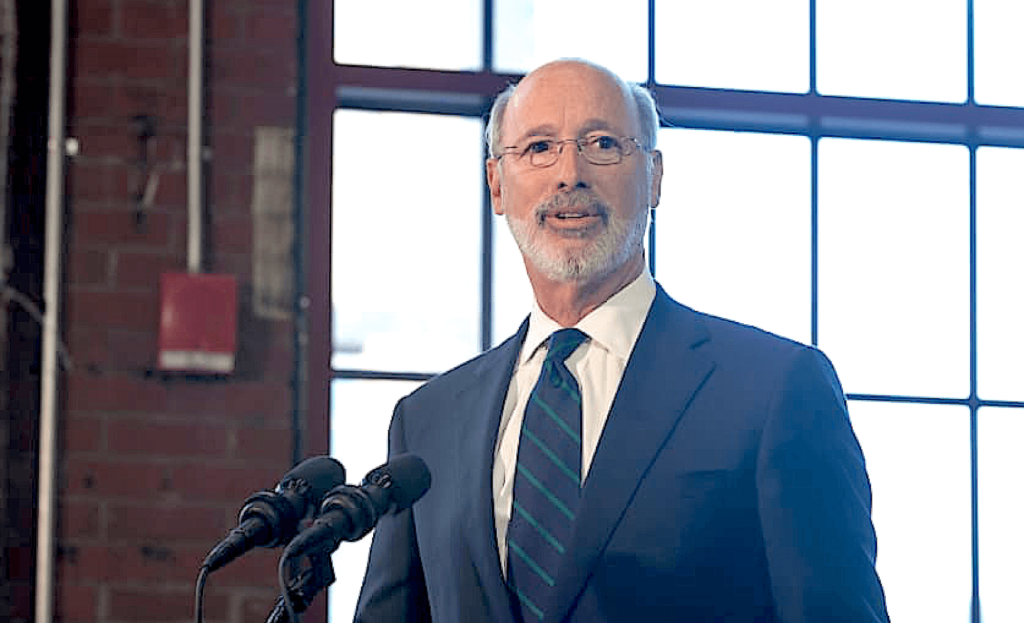

Pennsylvania’s long-term care system is under scrutiny as the commonwealth looks to “increase its investment in caring for our seniors and people with disabilities,” Pennsylvania Department of Human Services Acting Secretary Meg Snead stated during a visit Wednesday to assisted living home Hunter Cottage in York, PA. Snead said that Gov. Tom Wolf’s (D) proposed budget will support long-term care infrastructure in Pennsylvania.
In keeping with the commonwealth’s commitment to continued investment in long-term care, the Pennsylvania Department of Health is updating regulations for the state’s 685 skilled nursing facilities, where more than 72,000 people live, after almost 25 years. The governor’s proposed budget includes increasing the personal care home supplement, monthly payments that help meet the cost of personal care services for Social Security beneficiaries living in personal care homes in the Keystone State. Increasing the payments to personal care homes as proposed in the governor’s budget would move the daily rate from $37 to $76, according to DHS.
“We’re on the front lines of this, the personal-care homes, and we need help. It’s that simple,” said Xzavier Hunter, the owner/operator of Hunter Cottage, according to Public News Service. “I don’t know how much longer personal care homes in the state and the county can survive on $39 a day.”
In January, Wolf launched an initiative to help long-term care facilities respond to COVID-19. The Long-Term Care Resiliency, Infrastructure Supports, and Empowerment program (LTC RISE) is meant to invest in the long-term care system by providing the support facilities’ “need to battle COVID-19, recover and rebuild,” according to a news release. The proposed increase in state funding is intended to allow providers to invest in their staff members, facilities and infection control efforts to support care and safety.
Also speaking at Hunter Cottage, Ann Kunkel, WellSpan Health vice president of community health and engagement, said that when personal care homes close, residents are “forced to move to the nearest home that has room available and accept the low-income supplement — which is often several counties away” and far from the family and friends.
Personal care homes support the broader long-term care and health care systems by providing safe housing and assistance to older people and those with disabilities who need help with activities of daily living but who do not need acute or long-term medical care, DHS said. “Personal care homes provide invaluable services by allowing residents who may need help with daily living remain in their communities and closer to family, friends, and neighbors,” Snead said.
Personal care homes have been hit hard by the COVID-19 pandemic, according to DHS, because “the congregate setting and age of people residing in these facilities created great challenges through the most difficult months of the pandemic.”
The proposed increased funding is critical to addressing a housing crisis in the city and across the state, especially for older adults and people with disabilities who have limited incomes, Hunter said, according to the media outlet.
